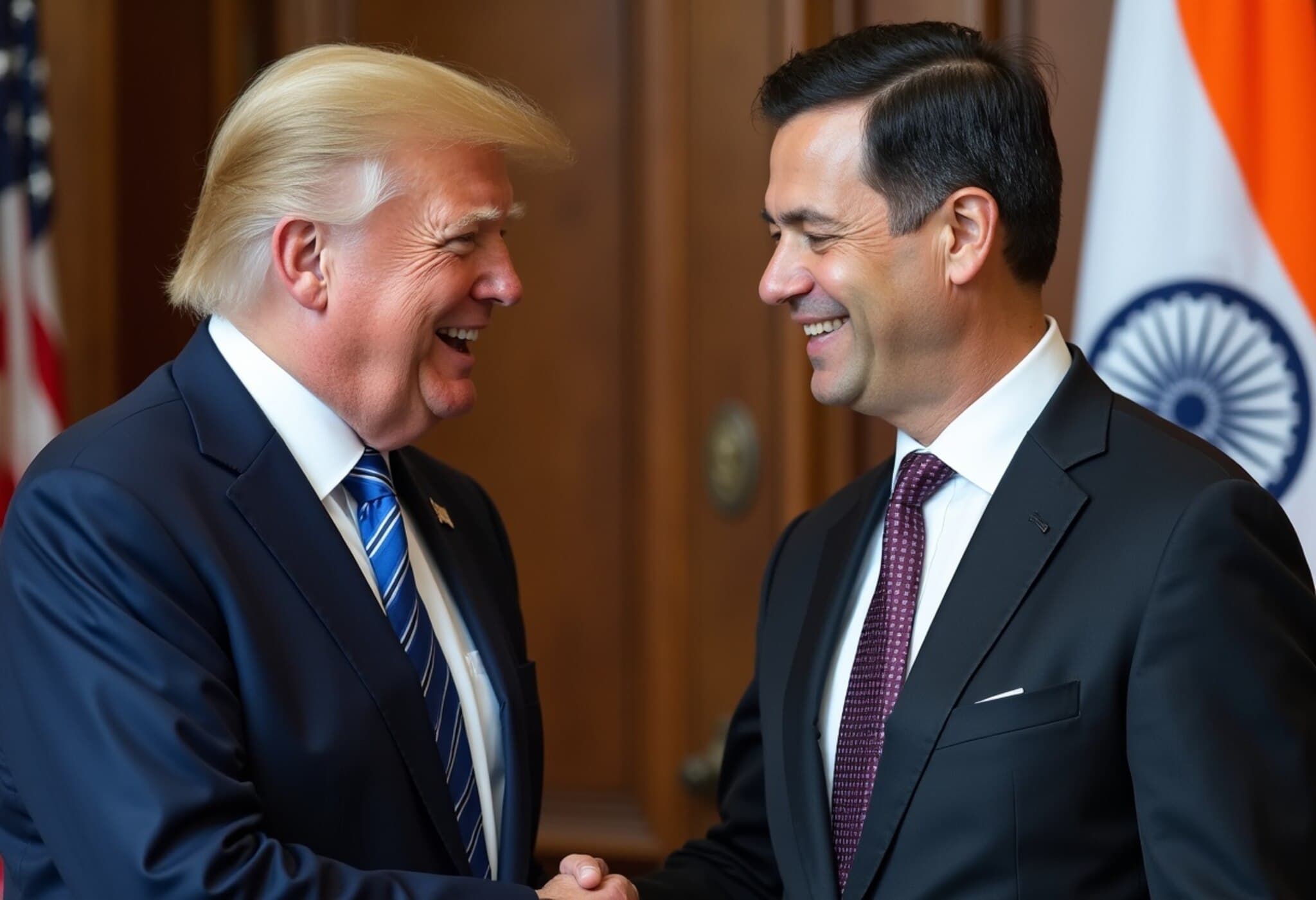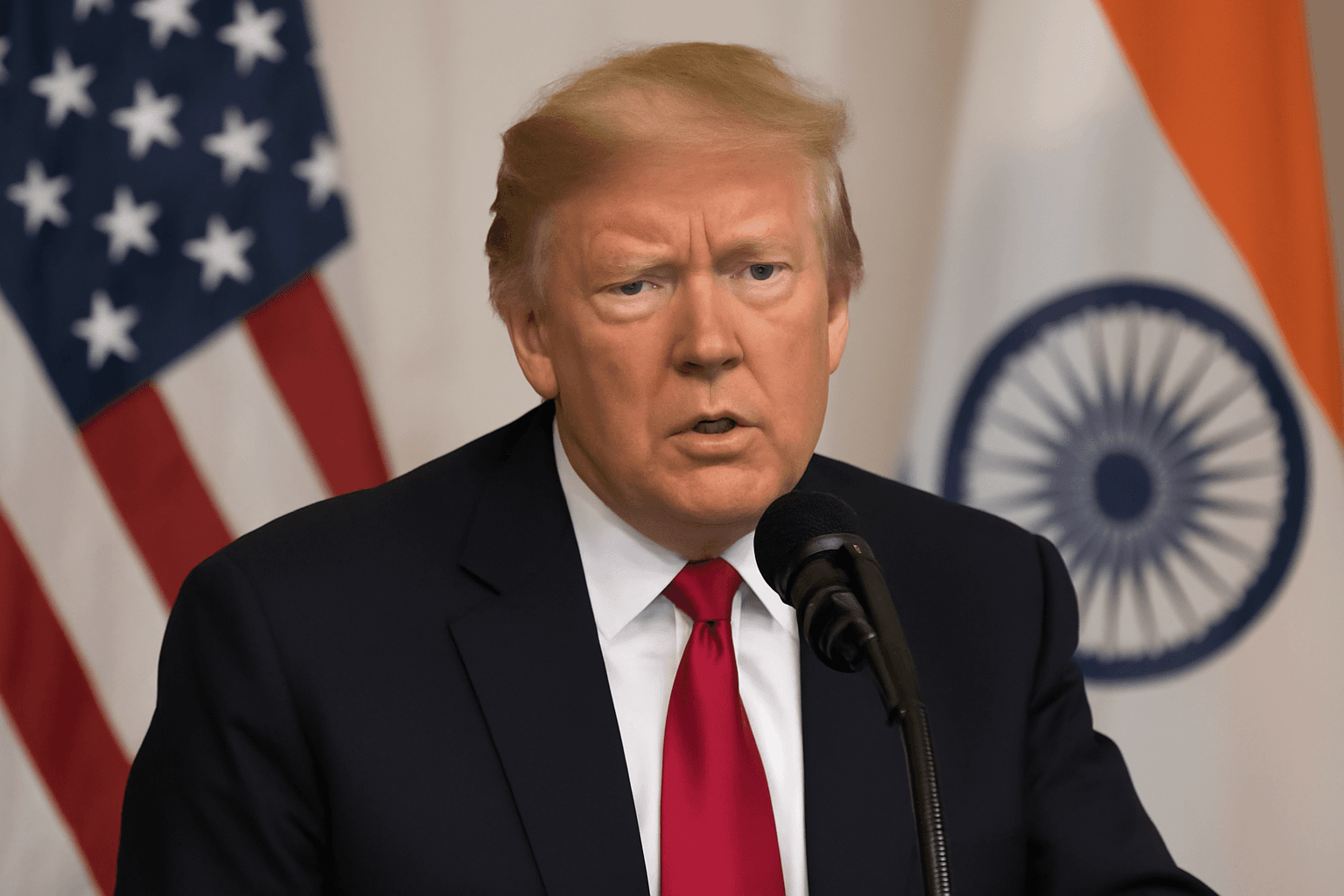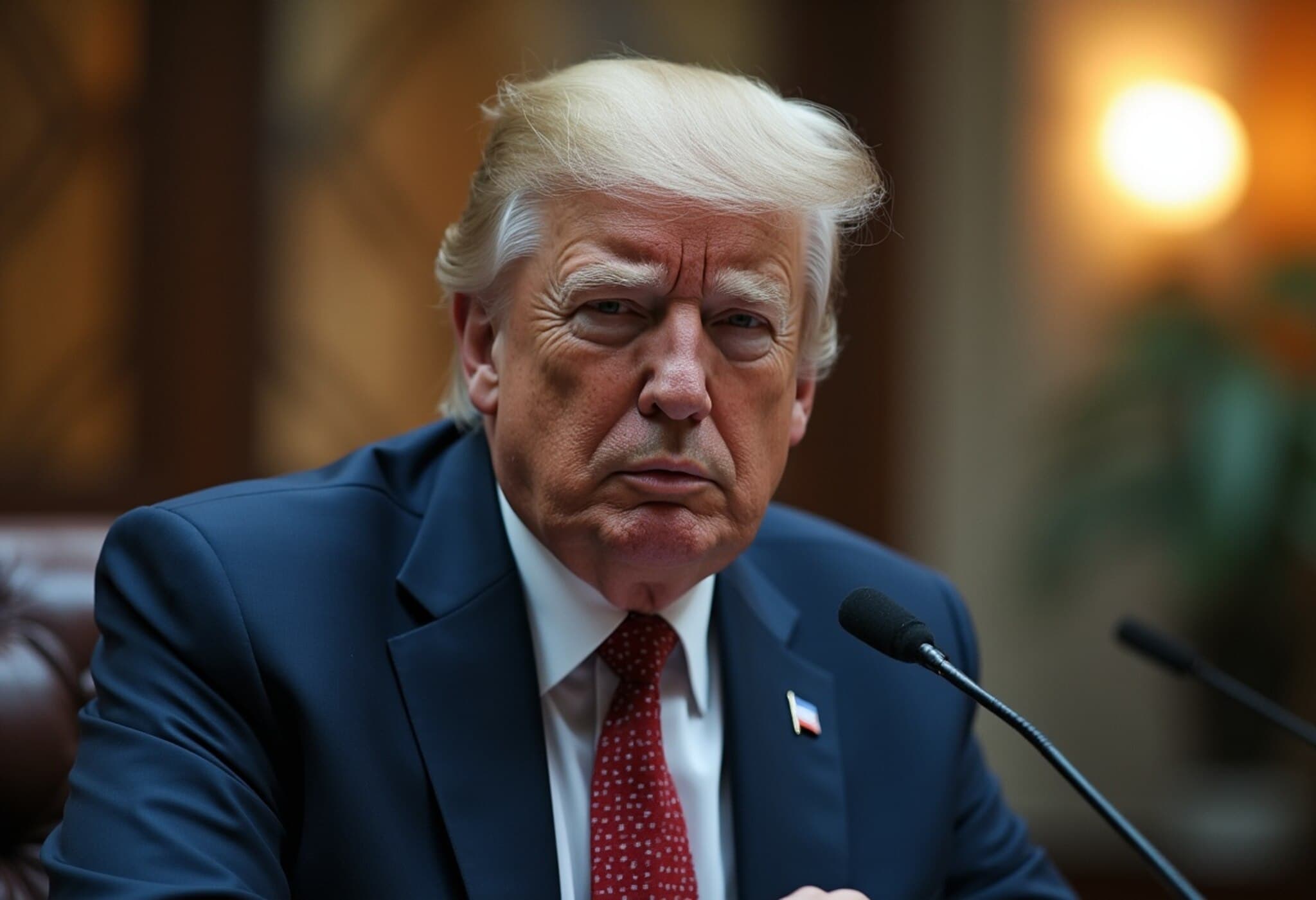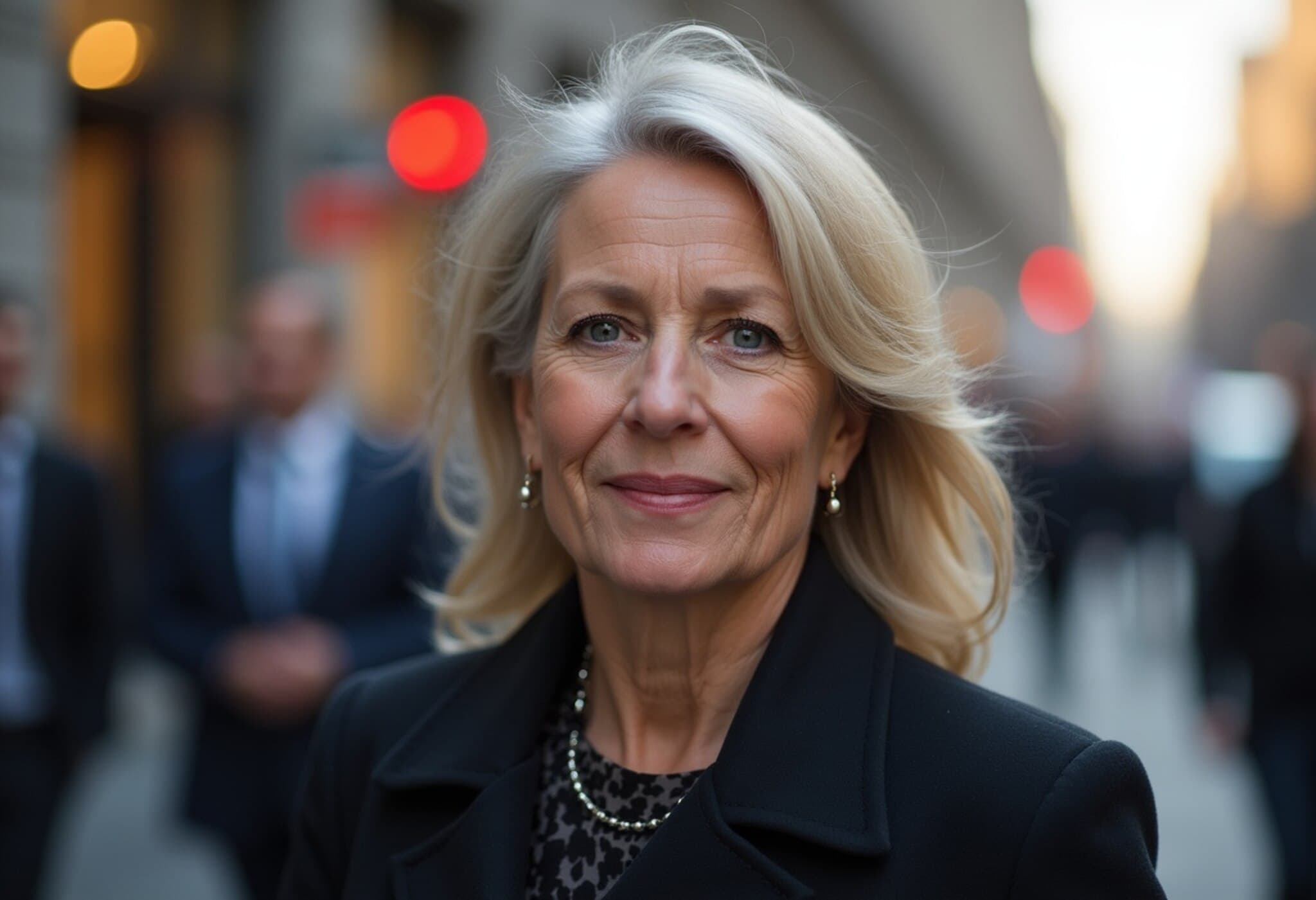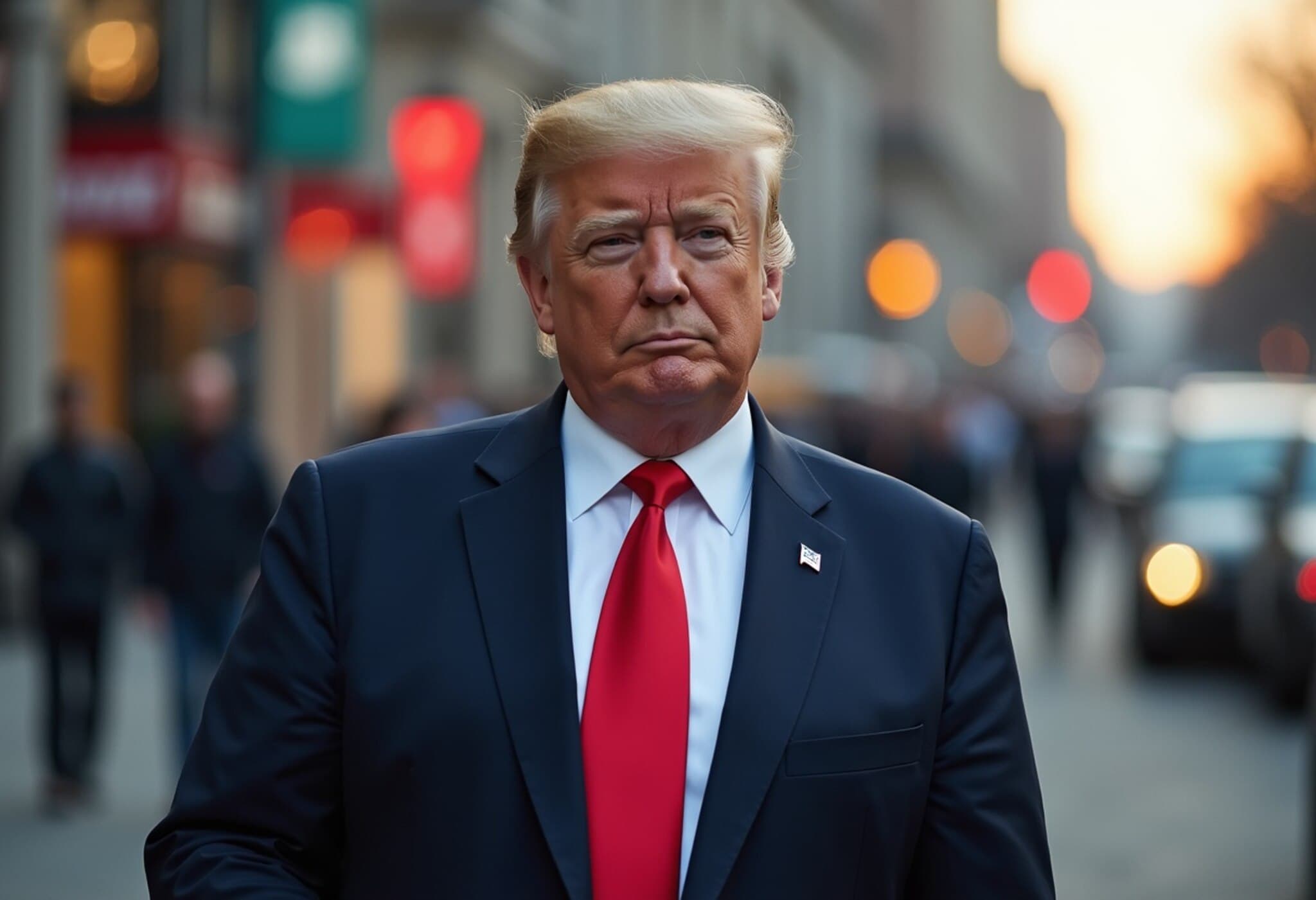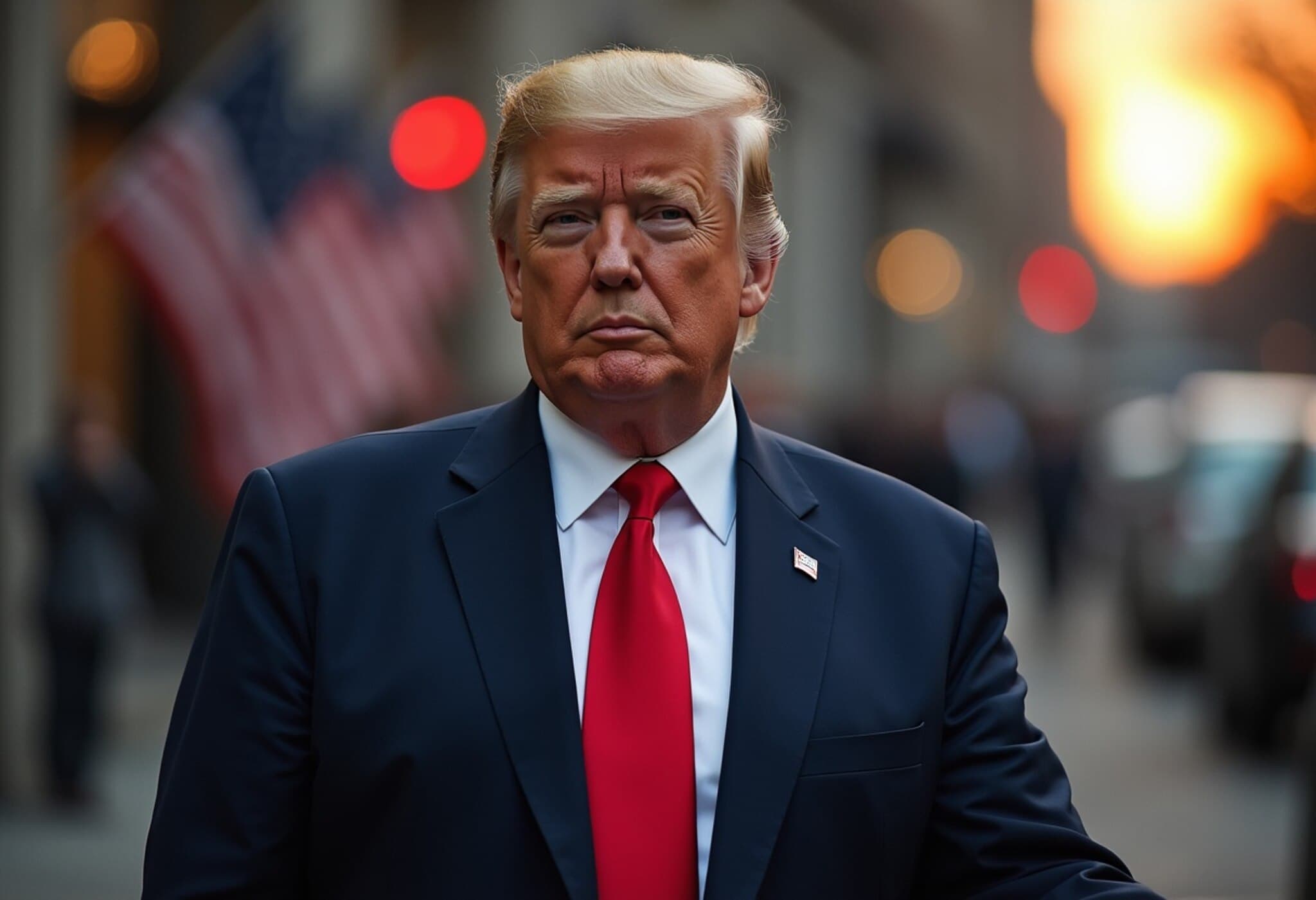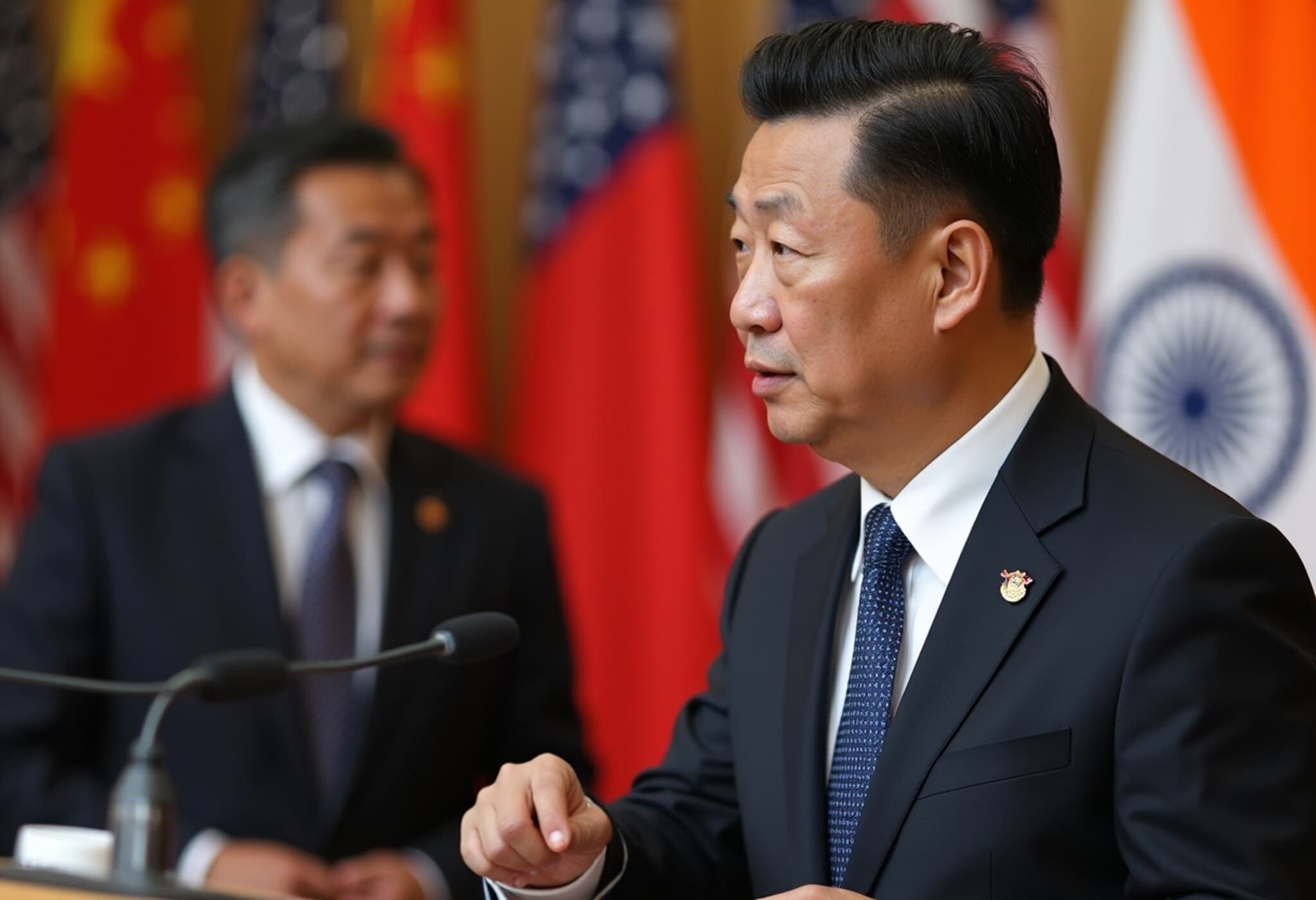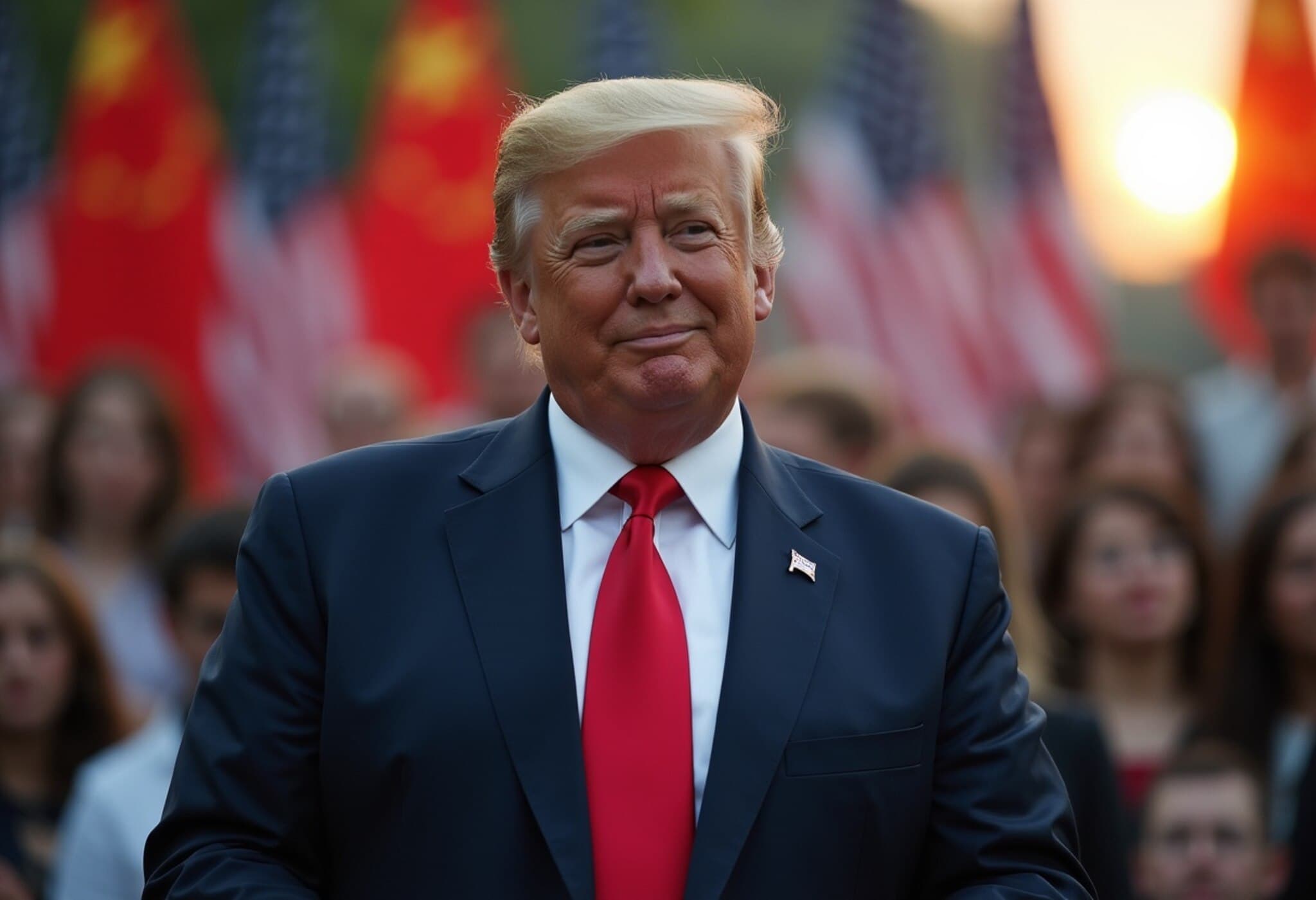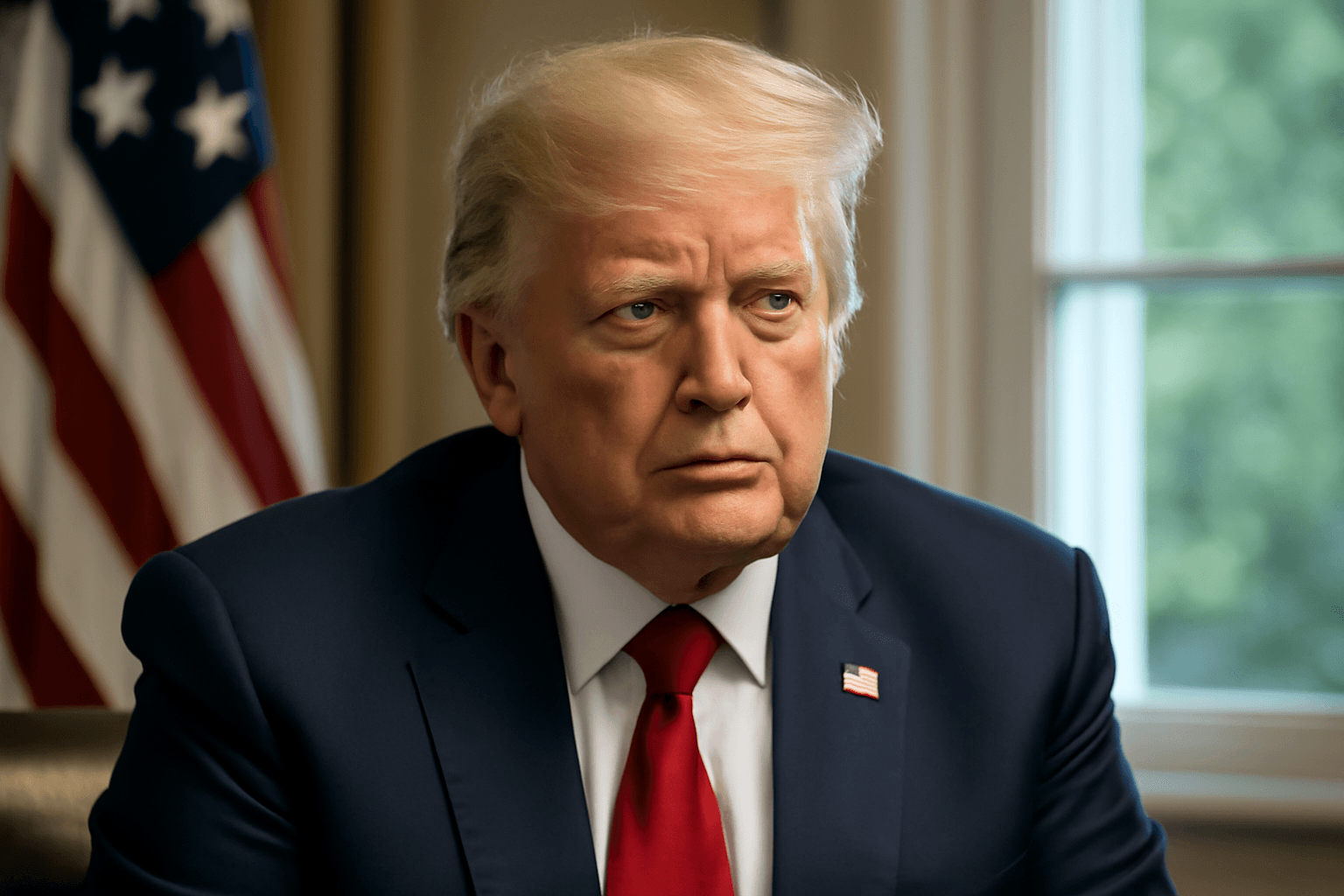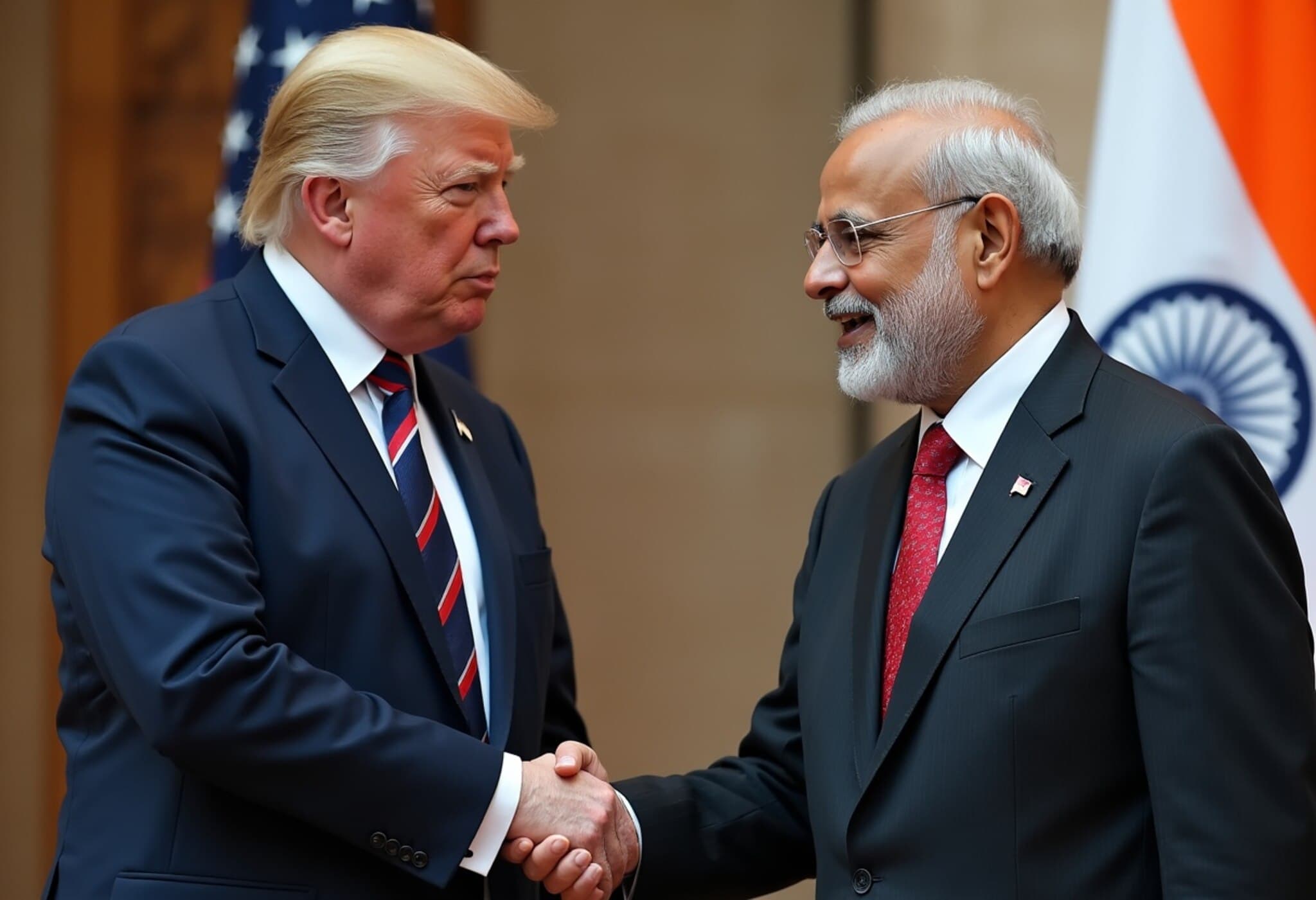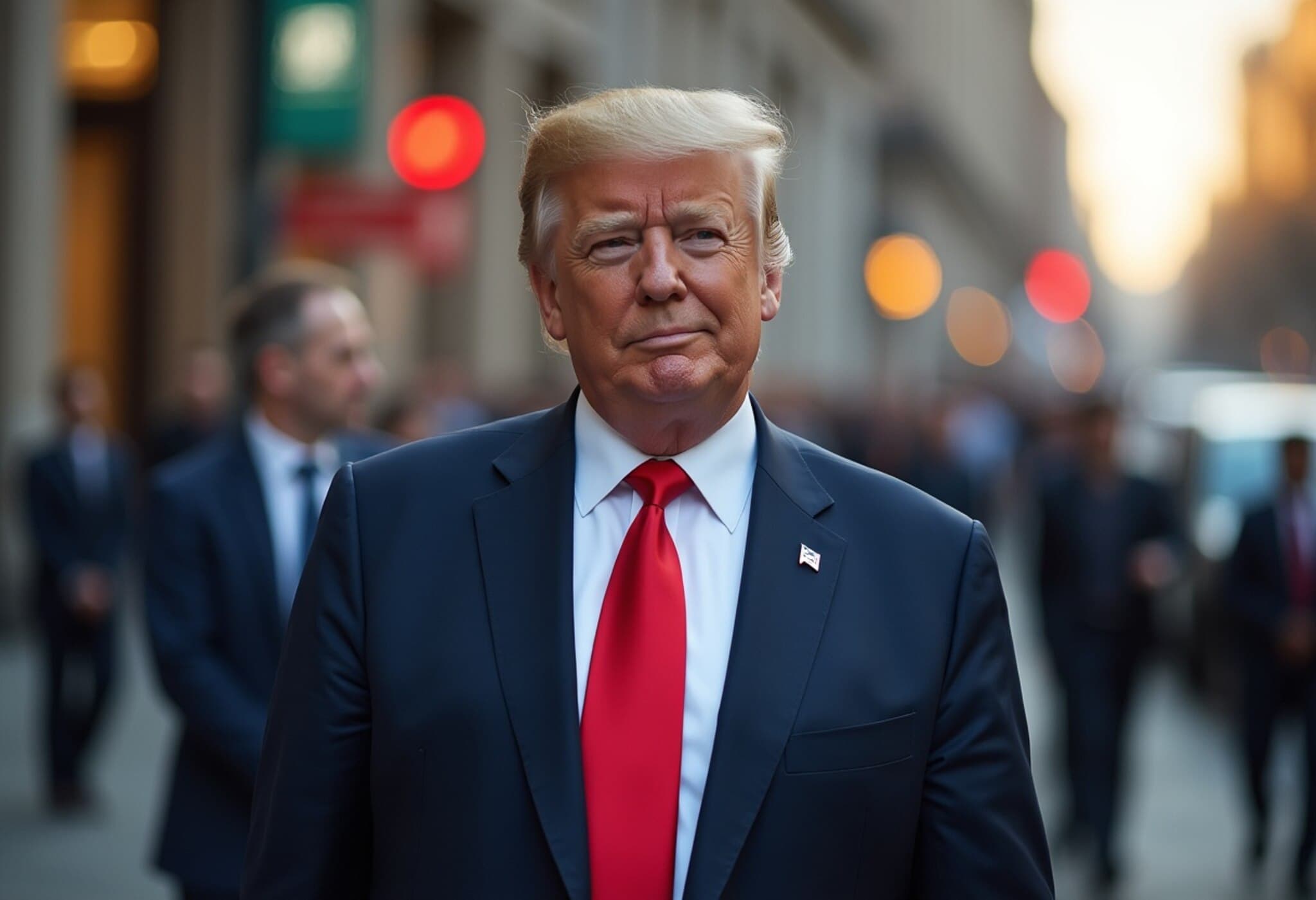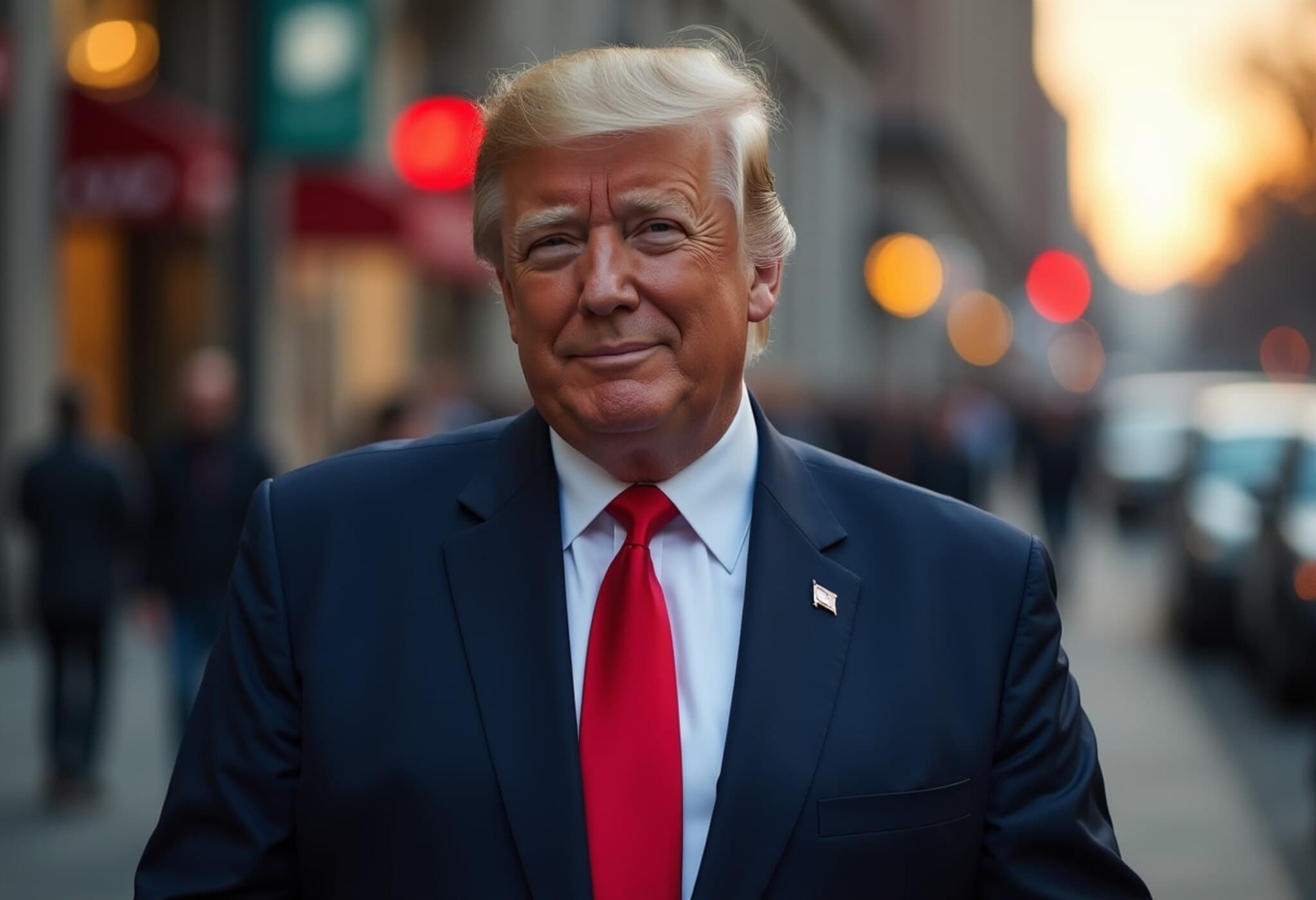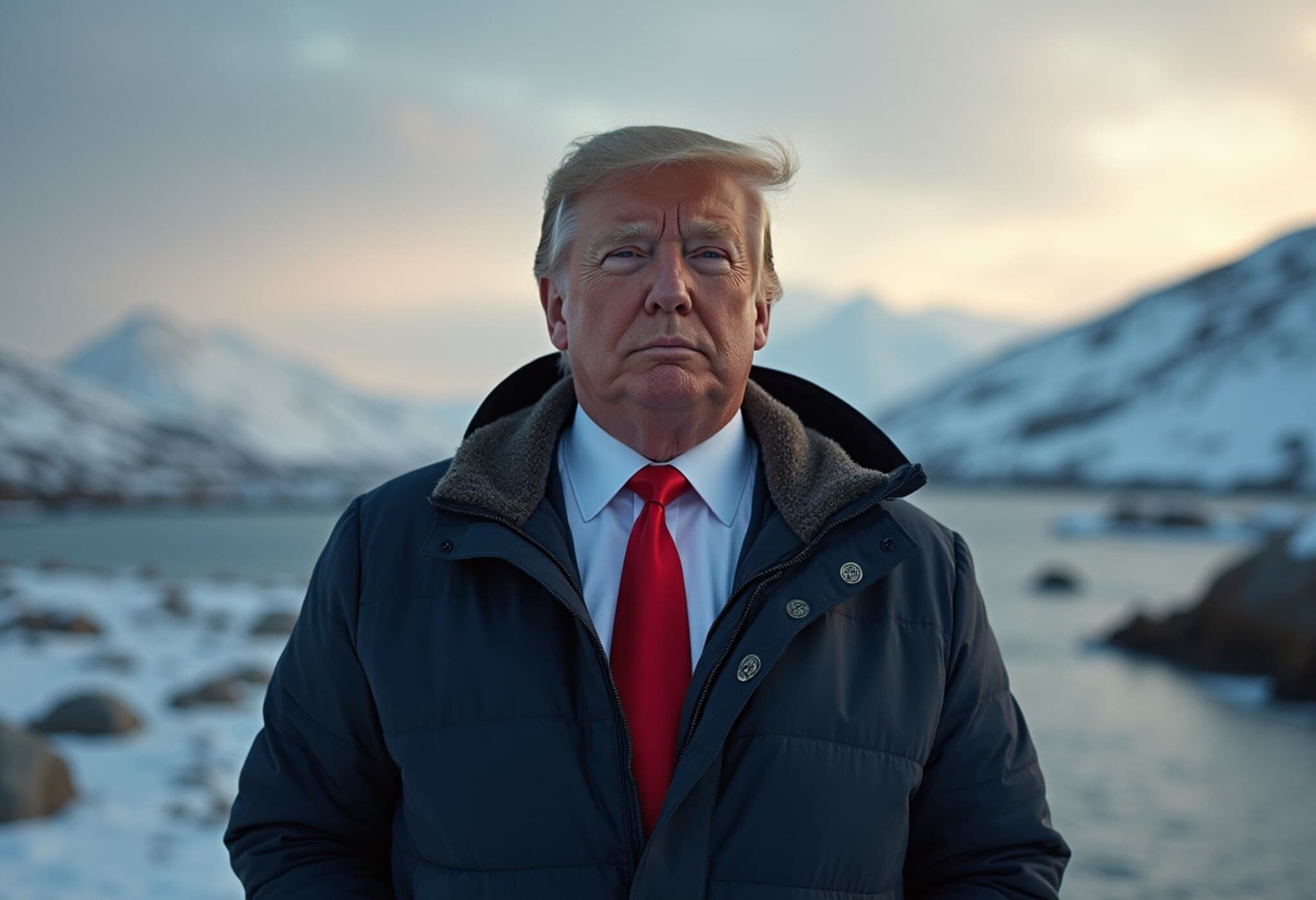The Growing Rift: US Tariffs and Diverging Voices on India
As new American tariffs aimed at Indian imports took effect on August 27, 2025, the future of the US-India economic relationship faces significant uncertainty. Two prominent officials from the Trump administration delivered sharply contrasting messages about New Delhi’s trade conduct and its ties with Moscow. This divergence sheds light on the complexities underpinning international trade diplomacy amid geopolitical tensions.
Navarro’s Stark Rebuke: "Modi's War" and Russian Oil
Peter Navarro, the former White House trade advisor known for his blunt rhetoric, publicly accused India’s Prime Minister Narendra Modi of indirectly funding Russia’s ongoing invasion of Ukraine. In a Bloomberg interview, Navarro labeled the conflict "Modi’s war," highlighting India’s continued purchases of discounted Russian crude despite global sanctions.
Navarro’s argument centers on the assertion that India’s refineries buy Russian oil cheaply and then sell refined products at a premium globally, thereby fueling the Russian war effort financially. He called on India to cease these imports immediately, warning that their persistence undermines democratic solidarity and global peace efforts. Navarro framed the situation as a moral and strategic failure for one of the world’s largest democracies.
- Key figure: Approximately 1.5 million barrels of Russian oil are imported daily by India.
- Trade impact: The U.S. has imposed nearly 50% tariffs on 66% of Indian goods imported to America.
- Trade volume: Bilateral trade reached $131.8 billion in 2024-25.
This approach underscores Navarro’s hardline stance on trade and energy security, aiming to pressure India not only economically but geopolitically. His language also reflected frustration with what he perceives as India’s "double game," juxtaposing democratic rhetoric with actions that prop up authoritarian regimes.
Bessent’s Diplomatic Tone: Advocating Constructive Dialogue
Contrasting Navarro’s combative posture, U.S. Treasury Secretary Scott Bessent offered a more conciliatory perspective. In remarks to Fox Business, Bessent emphasized the importance of open communication, signaling that negotiations remain ongoing despite the recent tariffs.
He acknowledged the complexity of the US-India relationship and touted the positive personal rapport between President Trump and Prime Minister Modi. Though critical of India’s continued purchase of Russian oil, Bessent hinted at eventual settlement of trade disputes, suggesting that pragmatic diplomacy might prevail over confrontational tactics.
Unpacking the Trade War Strategy: Good Cop, Bad Cop?
The starkly different tones from Navarro and Bessent raise critical questions about the Trump administration’s internal coordination and strategy toward India. Could this represent a deliberate "good cop, bad cop" approach designed to maximize leverage in trade negotiations? Or does it reveal inconsistent messaging that could confuse partners and weaken U.S. influence?
Experts on international trade policy note that while tariffs can be effective bargaining chips, they risk alienating key allies if not accompanied by clear communication and mutual respect. The U.S. must balance protecting its own economic interests with maintaining strategic partnerships in a rapidly shifting global landscape.
India’s Response and Broader Implications
India rejects the U.S. tariffs as unjustified and discriminatory, pointing out perceived double standards given America’s own energy dynamics. The Indian government insists on sovereign rights over its energy procurement and trade policies, emphasizing its diversified global partnerships including those with China and Russia.
This standoff illuminates deeper geopolitical shifts where economic interests collide with values and alliances. The situation also tests the resilience of democratic coalitions in responding cohesively to authoritarian aggression.
Looking Forward: What Lies Ahead for US-India Relations?
With such high stakes, both economic and geopolitical, the outcome of these trade tensions will significantly influence the trajectory of US-India relations. Observers urge enhanced dialogue and cautious diplomacy to avoid exacerbating fractures.
- Will the Trump administration consolidate its messaging for more effective negotiation?
- Can India recalibrate its energy strategy to ease geopolitical pressures?
- How will this dispute ripple across global supply chains and multinational alliances?
In the grand chessboard of international diplomacy, decisions made today will echo for years in economic corridors and political capitals alike.
Editor’s Note
This unfolding conflict highlights the delicate interplay between trade policies and geopolitical alliances. While tariffs may serve as immediate tools to assert pressure, they should not overshadow the imperative for strategic partnership and shared democratic values. Readers are encouraged to consider how economic instruments can both reflect and reshape international relations in an era marked by complex interdependencies and emerging global threats.

